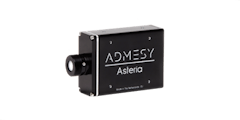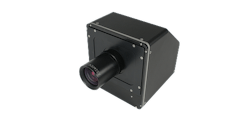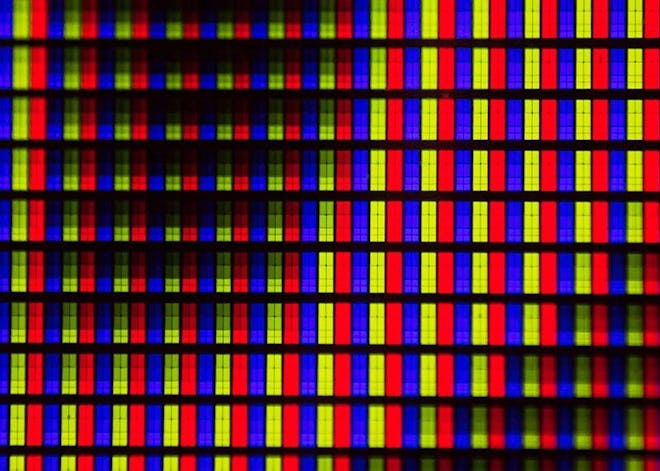
2D imaging
Controlling the quality of any display or lighting surface requires high quality standards during both development and production. As a laboratory, you need high performance measurement devices to quantify and validate prototype parameters against design specifications. As a manufacturer, you want measurement devices that are fast, robust and reliable. Integrate them in your production lines to test and adjust your products for top quality and high production yields.
How are you measuring?
With fibers and other accessories even more type of measurements are possible. Often used accessories are integrating spheres, cuvettes for fluids, light sources or filter holders.
A cosine corrector collects the light from the half space under 180 degrees. A typical application is the illuminance measurement of a lighting situation.
Consumers are used to enjoy top-quality displays in their mobile phones, tablets, laptops and even cars. Emerging technologies such as lighting surfaces for office and home illumination are expected to look equally perfect. Both displays and luminous surfaces are the main application areas for imaging colorimeters.
Measuring the luminance or color values at a specific location of the device under test is a typical use case when measuring displays. It can, however, also be meaningful to assess reflected light.
PCM2X-271

0.000 025 - 30 000 cd/m²
PCM2-100
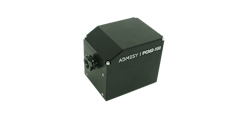
0.0003 - 15 000 cd/m²
Viewfinder Spectrometer

Standard lens 1.2° spot ⌀ 4.56 mm ‑ 6.71 m
Viewfinder Spectrometer

Close up lens 0.75° spot ⌀ 0.96 ‑ 1.47 mm
Colorimeter 2.1 mm
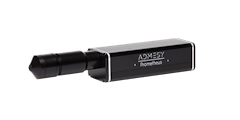
0.001 - 30 000 cd/m²
Colorimeter 5 mm

0.001 - 30 000 cd/m²
Colorimeter 10 mm

0.001 - 30 000 cd/m²
Colorimeter 10 mm wide-angle

0.000 3 - 7 500 cd/m²
Colorimeter 20 mm

0.0003 - 7 500 cd/m²
Colorimeter 27 mm wide-angle

0.0001 - 2 800 cd/m²
Spectrometer
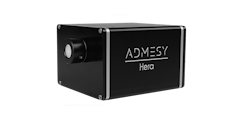
VIS 380 - 780 nm
High-End Spectrometer

VIS 360 - 940 nm
PCM2X-102

0.000 05 - 60 000 cd/m²
PCM2X-270
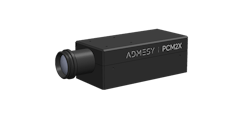
0.000 05 - 60 000 cd/m²


